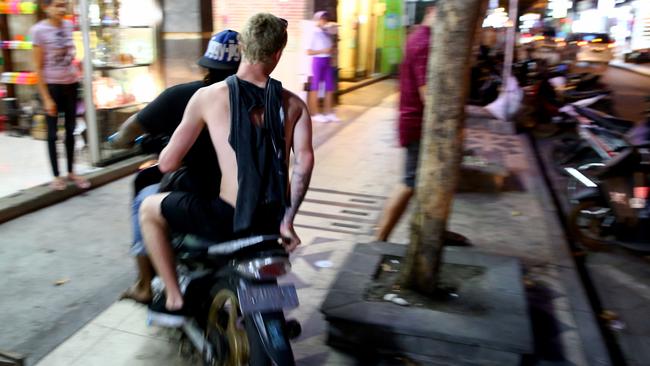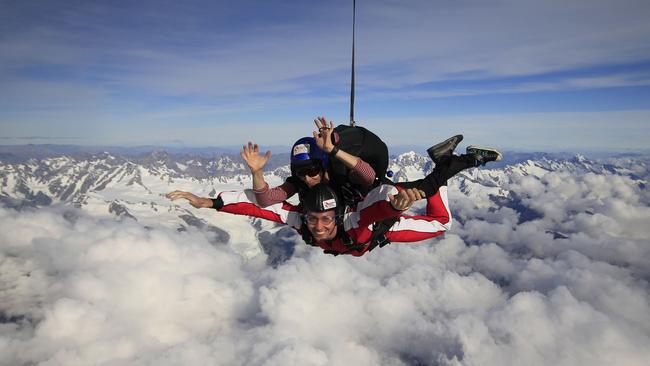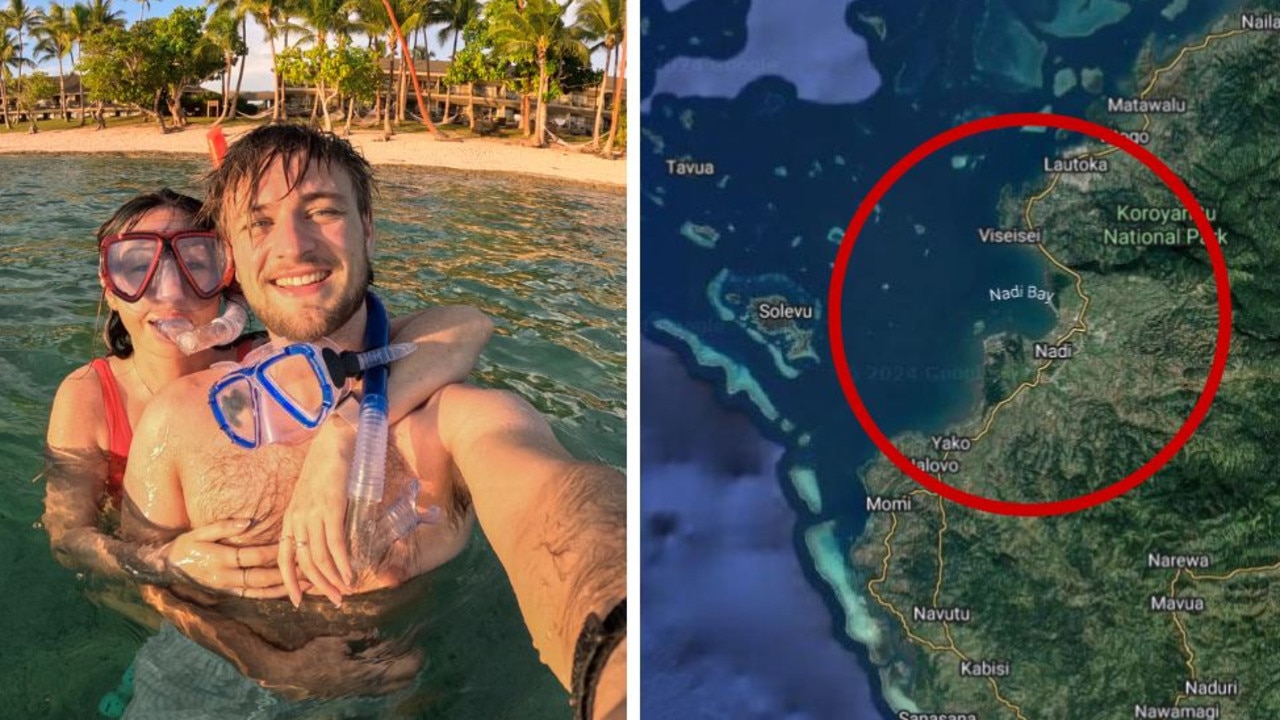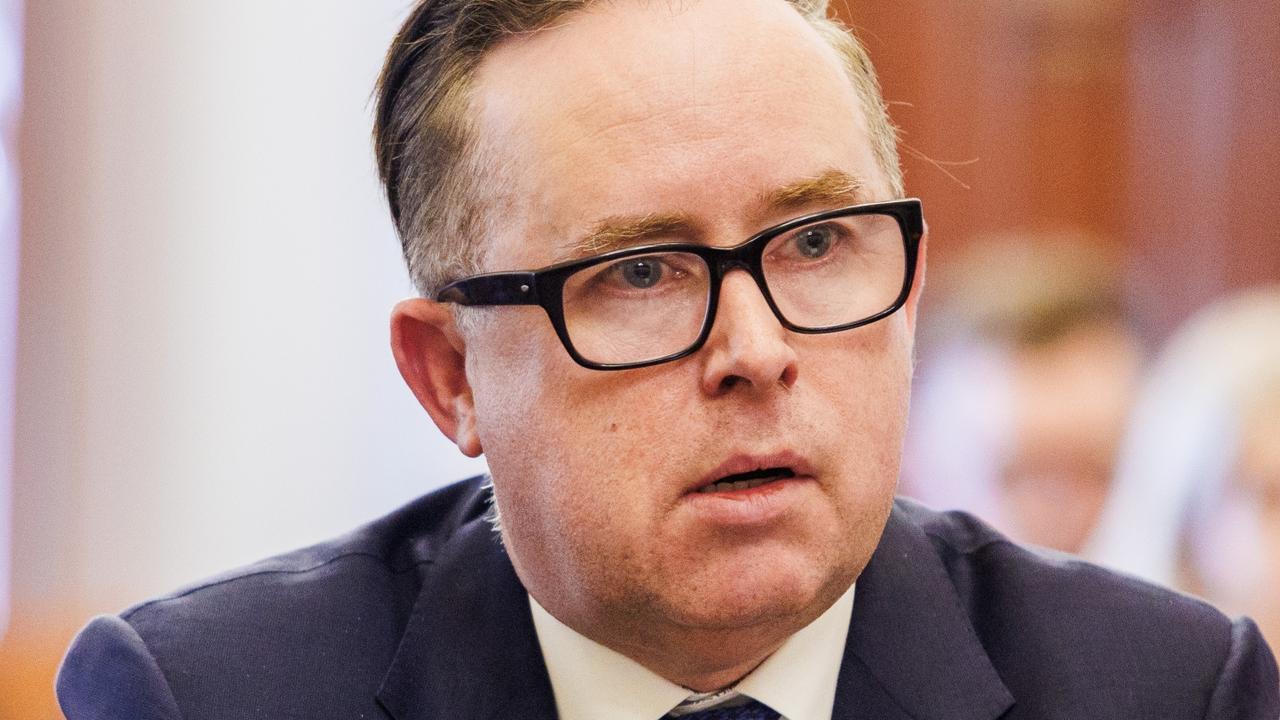Think your holiday is completely covered by travel insurance? Think again
THINK your holiday is completely covered by travel insurance? Think again. There are a million ways insurers can get out of paying you.
“ENJOY the holiday without the worry,” runs the slogan.
But if you think your insurance policy buys peace of mind while you travel, think again.
If you’re drunk, you’re not covered. Airline’s lost your luggage? Not covered. “Unlimited” medical cover? Well, it actually means that “limits apply”.
Cut your trip short because a relative dies? Won’t be covered unless they’re an immediate relative — and even then, expect to be showing your insurer their death certificate.
And if you get hurt and it is covered, it’s still up to you to keep the costs down and do what your insurer says — even if that means flying across the world with a broken foot because their doctor says so, and it’s cheaper for them to have you patched up in Australia.
Terrorist attacks aren’t always covered, mental illness is almost always out — it all depends on the fine print.
And that’s not always easy to understand, according to lawyer Josh Mennen, a principal at law firm Maurice Blackburn, who helps people challenge travel insurance claims that have been denied.
“The [policy] could be 20, 30, 40 pages long and the reality is that people rarely read these documents,” Mr Mennen said.
“They really aren’t designed to be consumer-friendly documents that the insurer wants people to read, they’re designed to give the insurer lots of outs and opportunities if they want to be difficult about paying a claim.”
He said that sections on pre-existing medical conditions in particular were worth reading and comparing, as policies could differ greatly.
One senior travel insurance insider, who still works in the industry and did not wish to be named, said travel insurance was different to car and home insurance, where what was covered and what wasn’t was much better understood.
“I just can’t stress enough how important it is for people to read their policies,” they said.
It’s all written in what’s called the product disclosure statement, and across the board most of them are pretty similar.
That is because although there are a heap of vendors, from banks to travel agents and even Australia Post, most policies are ultimately underwritten by a handful of big insurers, such as Lloyds, QBE and Zurich — and so most have the same gaps.
Of course, it is always worth buying travel insurance, because you never know what might happen. But it pays to know about the holiday-ruining misfortunes that aren’t covered.
WHAT’S OUT
Drunks
Drunken antics aren’t covered. Buried in the fine print of the product disclosure statement of nearly every travel insurance policy is a line that says all bets are off if you, or any of your travelling companions, are drunk or under the influence of any other non-prescription drugs. That means that any injury or mishap that happens while drunk isn’t going to be covered by insurance.
Motorcycles
Any kind of motorcycle or moped accident won’t be covered unless you hold an Australian motorcycle licence and a valid licence for riding overseas. So it doesn’t matter if it’s easy or perfectly legal to ride around Bali with no helmet and licence, or everyone else is doing it — it’s not covered.

Family
Most policies cover you if you need to hurry home because a family member or relative has fallen sick or died. But it pays to check what “family” and “relative” mean precisely. In most policies, “family” means immediate family — spouses, parents, children and siblings — and “relative” includes in-laws, grandparents (under-85 only), step-parents, engaged couples and step-siblings. Aunties, uncles, nieces, nephews and cousins are generally out.
Expect to be showing your insurer a death certificate or explicit medical details about your relative when making a claim.
Medical conditions
Pre-existing medical conditions are not covered — and “pre-existing” can be a pretty vague catch-all term. It means, for example, that if you’ve ever been to a specialist cardiologist — regardless of their diagnosis — that you likely won’t be covered for heart problems.
The same goes for your relatives too. So there’ll be no cover if you cut short a trip if a family member succumbs to a long illness or something like a heart condition.
Mental illness
Mental illness generally isn’t covered — just two insurers, CGU and Bupa out of 35 surveyed by Choice covered it at all, and even then in only limited ways. Mental illness includes dementia, depression, anxiety, stress or any nervous condition.
Extreme stuff
Skydiving, parachuting, hang gliding are not generally covered at all. Sometimes extra cover must be bought for snow and water sports, such as snowboarding, skiing, kayaking and surfing. Racing of any kind, except on foot, is normally not covered.

Terrorism
Losses or delays caused by acts of terror aren’t covered — but medical claims mostly are. In general, claims arising because of war aren’t covered, nor are claims arising because travellers visited areas deemed dangerous by the Australian Government, and listed as “do not travel” on the Smart Traveller website. Search and rescue costs aren’t generally covered.
Lost luggage
If an airline loses your stuff, it’s pretty much up to you to sort that out with the airline, under most travel insurance policies — the insurer won’t pay if it’s possible for you to get compensation from the airline. Same story for freight or postal items that go missing.
Lost and broken stuff
Plenty of other exceptions apply for lost and stolen personal effects too — it’s common for bicycles and surfboards to be excluded. Things left behind in hotel rooms won’t be covered, likewise for anything left overnight in a car, or things left unsupervised at a public place (like the beach, or a dorm room). Breakage of fragile items, such as spectacles and camera lenses, are often excluded. And if anything is lost or stolen, you must report it to police within 24 hours.
WHAT’S IN
Medical
Genuine medical claims are covered. It’s not stress free, because you’ll still have to keep your costs down and act under the orders of the insurers doctors (not necessarily the doctors treating you), but if you get sick or hurt and you weren’t drunk or skydiving then your insurer will pay. If you’re hospitalised your travelling companion can also claim his or her separate accommodation, if you had been planning to share.
Rental car excess
Often, travel insurance policies do cover your rental vehicle excess, if you are involved in an accident while driving a hire car. So you may not need to buy the extra insurance from the rental company if you’re already covered. But the extent of this cover varies from policy to policy and you could be a few thousand dollars short if you’re not covered, so take care to read this section.
Personal liability
If you accidentally kill someone, hurt them or damage property and it was a genuine mistake, then your insurer is supposed to protect you legally. Might be best not to test this one out though.
TIPS
Know your product
Read the product disclosure statement before buying your policy and take it with you when you travel, so you know what’s covered and what’s not when you need it. Double check what the policy says about pre-existing medical conditions.
Buy it early
Buy insurance when you book your tickets, that way if anything happens to prevent you from travelling, you might be able to claim it
Report it
If your valuables are lost or stolen, if you’re robbed, have an accident, or something goes wrong, report it to the police and get a written report. Sometimes you’ll need to do this within 24 hours of the crime or accident. You’ll need written proof to make a claim.
Keep written records
Get doctors reports, police reports, receipts and written confirmation of everything. Your insurer will ask for them.
Get on the phone
If you think you’re going to need to make a claim, ring your insurance company as soon as you can. They’ll be able to tell you what documents you’ll need to get your claim processed.
Be persistent
Keep calling and following up your claim.




